The territory
Caramanico Terme is located at the entrance of the Orfento canyon and the Orta Valley.
Caramanico Terme is located at the entrance of the Orfento canyon and the Orta Valley.
The village, included within the Maiella National Park, binds together the thermal vocation to natural sceneries of pristine beauty and breathless view, waiting to be explored and admired.
A pristine environment
One of the most pristine environments of the Apennines, scattered with beech forests hosting Wolves, Marsican Brown Bears, Red Deer, Chamois and Roe Deer. Looking up to the sky above this area is quite easy to admire the majestic flight of the Golden Eagle twirling above the deep valleys carved by the river, in a quiet atmosphere where the only sound comes from the flowing water.
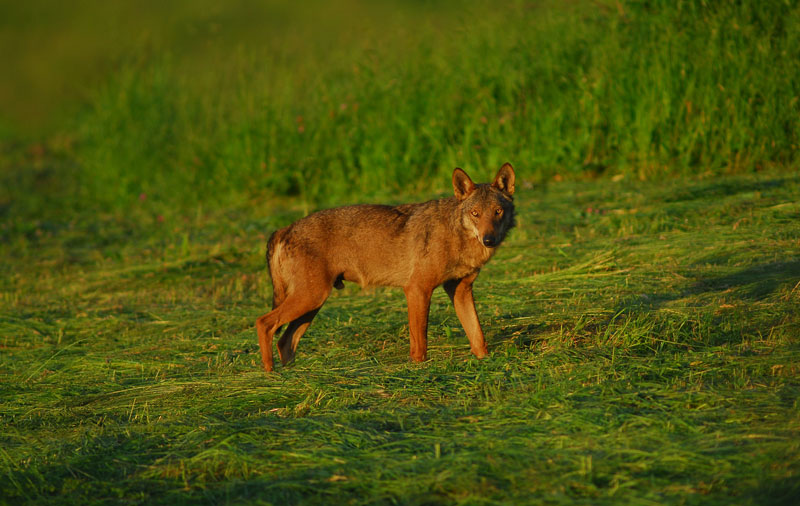
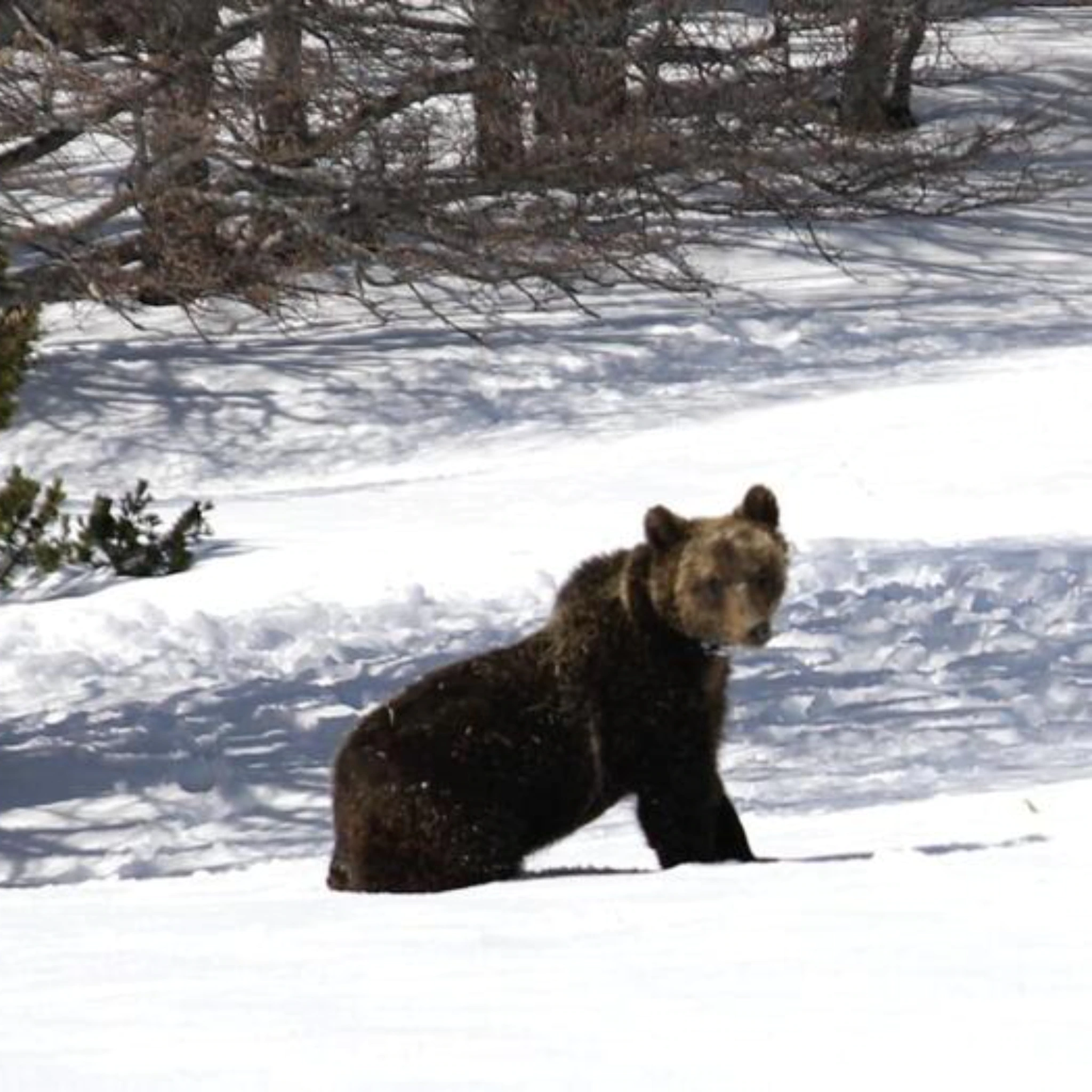

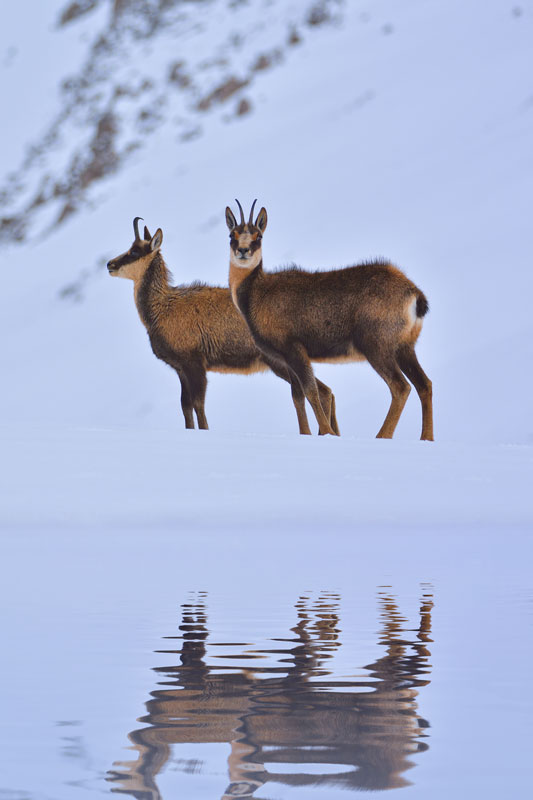
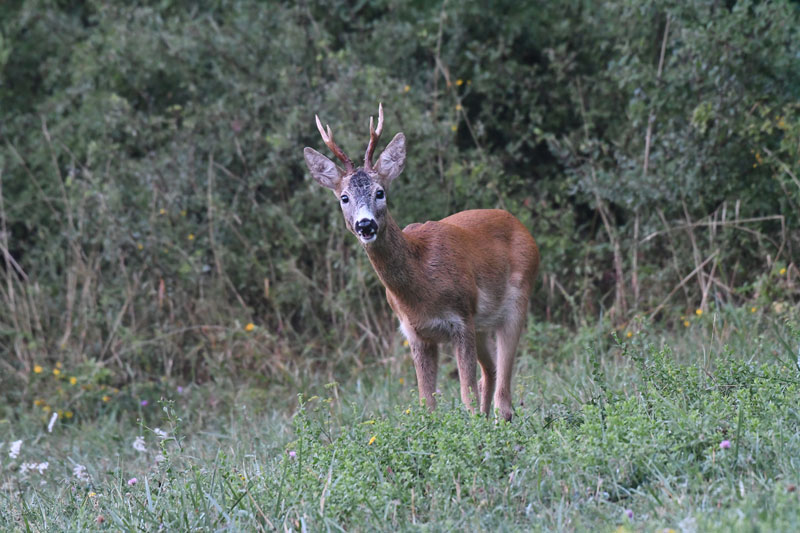
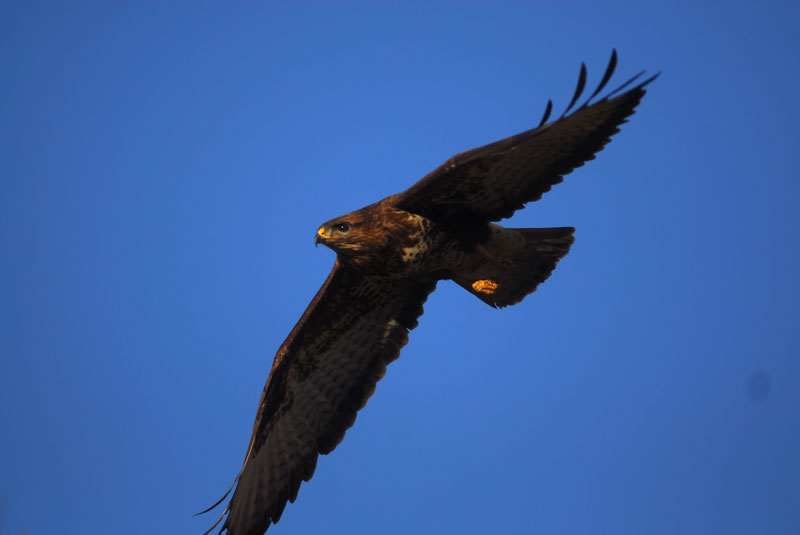
Along the Orta and Orfento rivers dwells a highly varied wildlife of which the white-throated dipper is the main symbol, being the marker of crystal-clear waters, along with river trout and the Alburnus arborella.
Concerning the vegetation, it is easy to run into willows and poplars in riverine areas, along with red valerian, ferns, moss, common hepatica and cyclamens. Climbing back up on the mountain sides the diffusion of oaks and wild fruit trees tells us of a very ancient presence of mankind in the area, while the hermitages located into the Orfento Valley suggest that the territory was chosen in the past due to its pureness and its primordiality, characteristics still well preserved today.
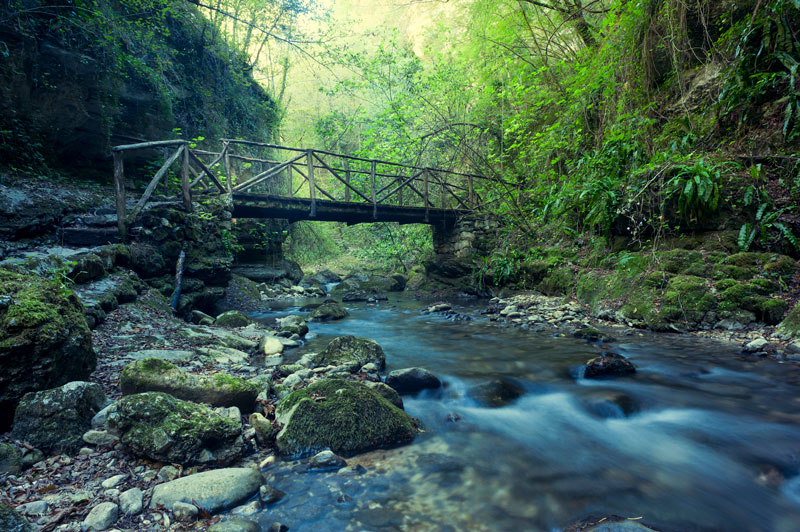
Churches and rural hermitages
This pristine, pure and luxuriant nature has always protected and made difficult the access to certain areas in the woods of Maiella. It is not by chance that hermits and monks were looking here the places for their asceticism, building churches and hermitages nestled on the rock of Maiella, as Celestine 5th did, the monk that became Pope.
This phenomenon interested the area since about the year 1000, when ascetic believers began to find shelter in simple cells open onto steep cliffs or dedicated themselves to the building of sanctuaries obtained from caves. Others gathered in isolated monasteries nestled on peaks or cliffs.

It is located at 650 metres (2130 ft) above the sea level, in the Santo Spirito valley, camouflaged in the rock thanks to natural balcony from which a rural church and two cells were obtained.
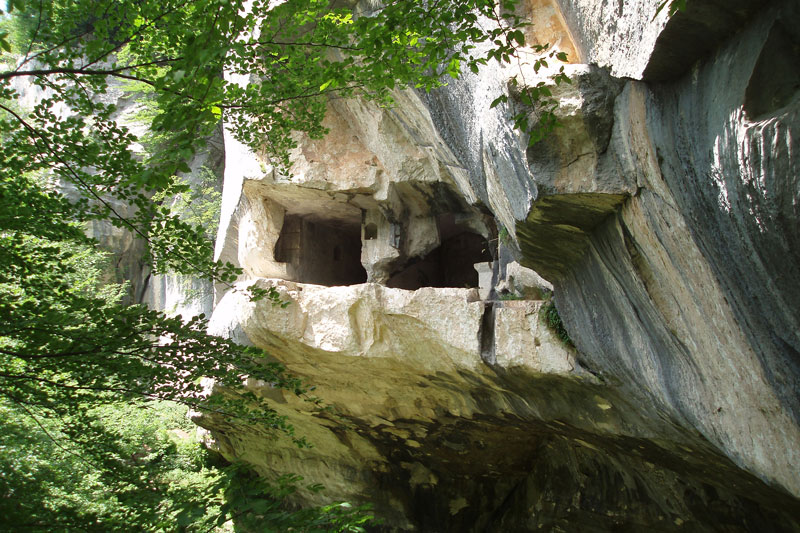
Hidden into the beech forest and difficult to be found, it is located at 1220 metres (4000 ft) on the sea level, in one of the most spectacular places of the Orfento Valley.
Enchanting places not to be missed

This is a small district of Caramanico that still keeps an ancient core of stone houses. The view from here is astonishing: the Morrone mountain and the north-western side of Maiella split apart by the Orta Valley, a true living postcard.
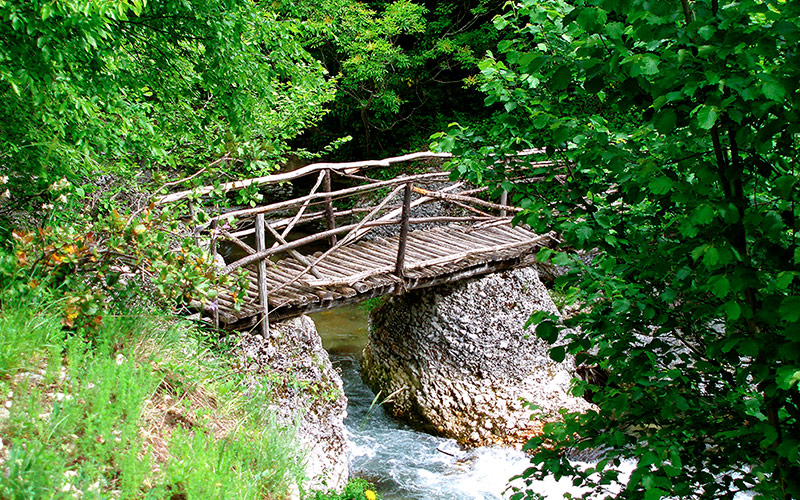
San Nicolao lies at the foot of the Maiella and it is the starting point of several paths leading to the high altitude of the mountain. This district also hosts the sport fishing lake “M. Silvaggi” and the football stadium of Caramanico Terme.
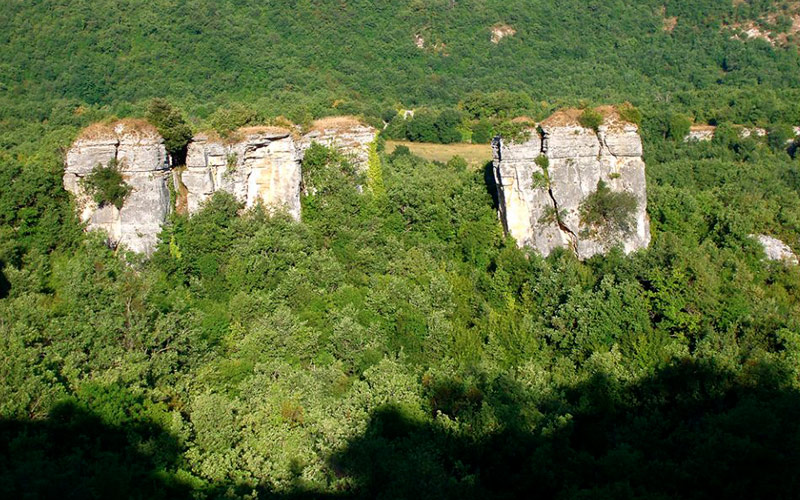
The district of San Tommaso is known for the place called Piana del Luco, located in the lower Orta Valley. Here the river literally carved a small canyon during the ages, framed in an enchanting natural set, between woods and rock pinnacles. (The Piana del Luco is also characterised by the presence of majestic natural rock towers popping up out of the age-old oak forest).
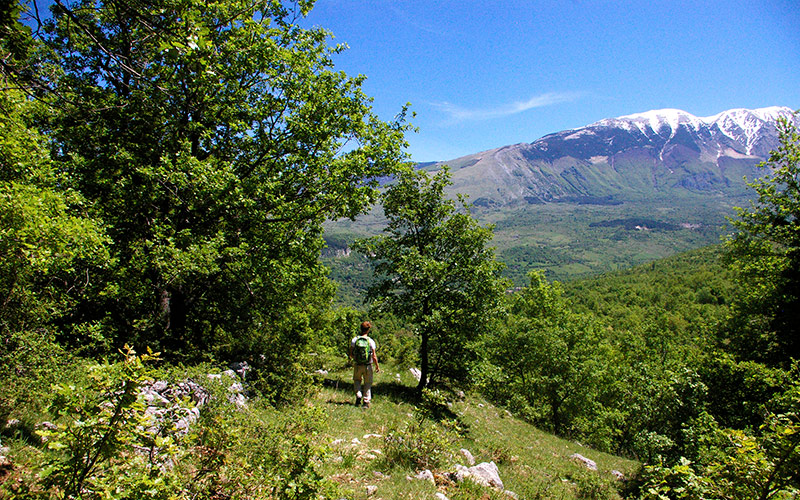
San Vittorino is a district of Caramanico Terme located above the Orta river, known for the beautiful view of the Maiella massif, the Morrone and the Gran Sasso. In the past this village was surrounded by gardens, orchards and farmlands, while today is instead crossed by the Cammino di Celestino, a multi-day trek in the Maiella National Park.
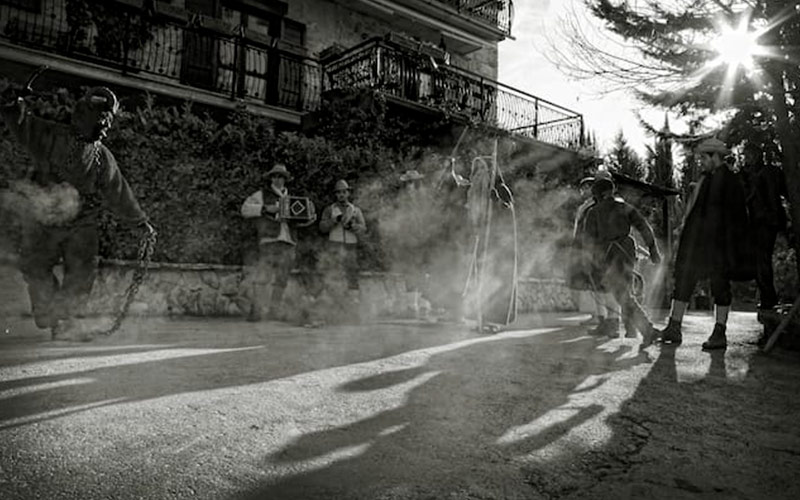
Scagnano is Caramanico’s most densely populated district, where we can still find well preserved tracks of the traditional music, the famous “Ballarella della Maiella”. Moreover, in the neighbourhoods of the village in January, it is possible to witness to one of Abruzzo’s most popular theatre companies representing the traditional “Temptations of St. Anthony Abbot”. Among the most recent traditions the most successful are the “Living Nativity Scene” and the patronal festivals dedicated to the Lady of Fatima.